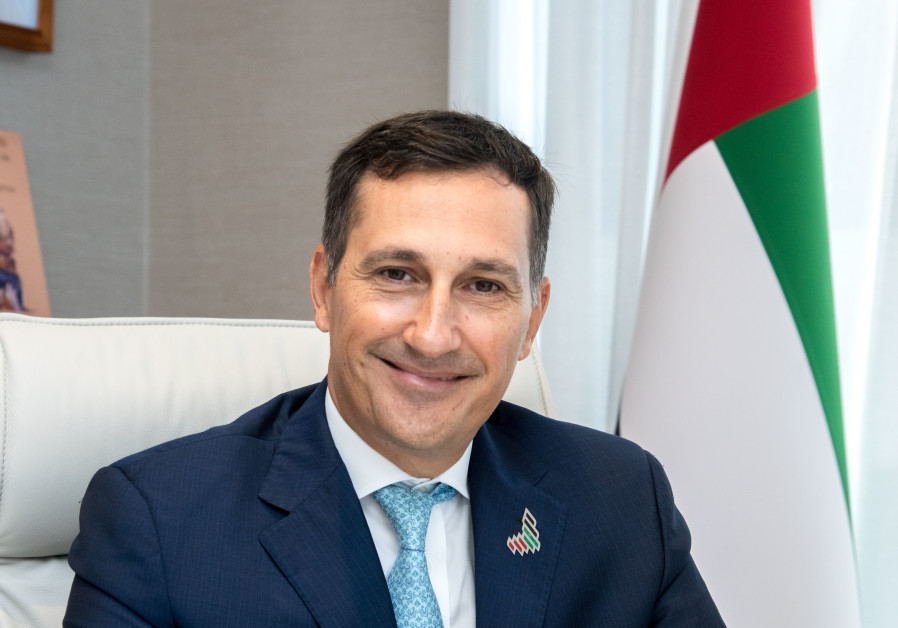The year 2021 is the year for Israel-Gulf business relations, said Massimo Falcioni, the CEO of Etihad Credit Insurance (ECI), the UAE Federal export credit company.
ECI is mandated to reinforce the country’s economic diversification programs, as well as to support its export and international trade and investment activities. It already signed one deal with Israel and Falcioni said it has already identified key sectors for future business.
According to its media releases, “ECI builds a comprehensive platform of strategic partnerships across government, insurers, re-insurers, brokers, banks and lenders, regional and international Export Credit Agencies, governments and trade promotion agencies in addition to world organizations for economic development.”
The sectors in which it hopes to collaborate with Israel include agriculture, water treatment, renewable energy, healthcare and medical devices.

In December, ECI signed an agreement with the Israel Foreign Trade Risks Insurance Corporation (ASHR’A) to jointly create a strategic cooperation in supporting exports, trade and investment; explore new business opportunities; and forge collaborations in technical assistance, training, and capacity building in both countries.
“Multiple advantages from this agreement for exporters from both countries can be summarized, starting from cooperation between the export credit companies to ease access to export credit facilities and non-payments risk mitigation, as well as access to both market key sectors like agriculture, water treatment, renewable energy, medical and health care, aluminum, steel, cables, petrochemicals, technology,” a release said.
Falcioni said that since then and for the time being, ECI has been facilitating business-to-business meetings. He has personally met with several delegations from Israel to understand their projects and the agency is now working to put in place what is needed to make those projects happen.
Two specific areas that he hopes to collaborate on are renewable energy and easy access to electricity.
He offered advice for those looking to do business in the UAE: “Everything should start from sharing lunch.”
In other words, he said to create confidence in one another before aiming to strike a deal.
“Sometimes we tend to go straight to the point of closing a deal,” Falcioni said. “In the Middle East, it is important to make sure the chemistry is there and for that we need some build up, to get to know each other and understand one another. Sharing a meal is very important.”
Falcioni concluded: “We are stronger together.”
